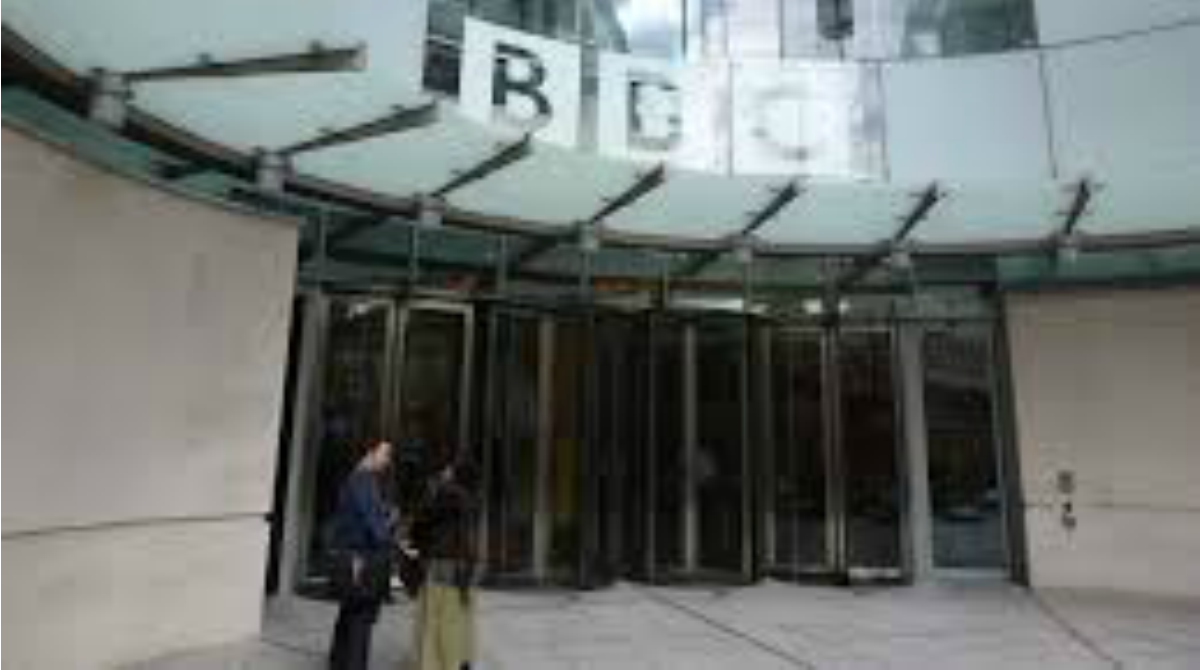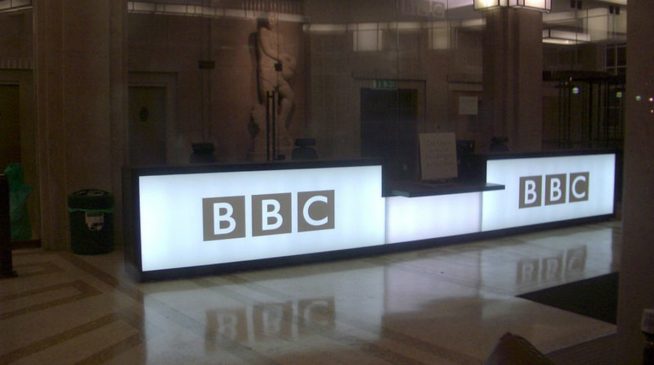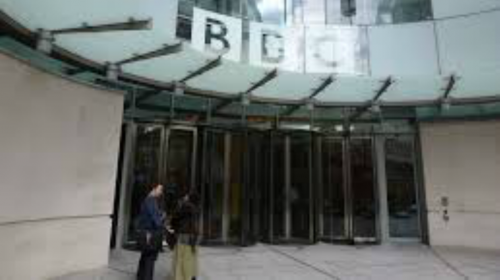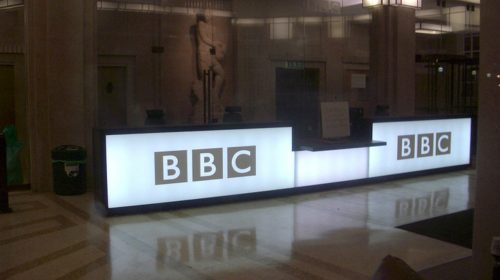Antisemitism in the moral maze
On BBC Radio’s Moral Maze this week, we discussed antisemitism. With the Equality and Human Rights Commission now investigating the Labour party for racism over the hundreds of examples of antisemitism by its members and the party’s apparent refusal to deal with these properly, the programme asked the more fundamental questions. What exactly is antisemitism? Can it be differentiated from anti-Zionism? Is antisemitism just one of many forms of racism or is it a uniquely pernicious prejudice?
I discussed this with my fellow-panellists Matthew Taylor, Mona Siddiqui and Tim Stanley. Our witnesses were baroness and rabbi Julia Neuberger, Jewish writer Robert Cohen, the Bishop of Worcester the Rt. Rev.Dr John Inge, and Adam Sutcliffe, professor of European History at King’s College London.
This topic was particularly frustrating for me because of the format of the show. What many listeners don’t realise is that the Maze is not a normal discussion programme where an issue gets comprehensively thrashed out in a debate that follows wherever the participants want to take it.
Instead, it is structured around the conceit of the courtroom cross-examination. Moral questions (alone) arising from an issue are put to a set of witnesses, each of whose (moral) arguments are then tested by the panellists to expose their flaws. There is thus very little opportunity to challenge matters of evidence by setting out the facts.
I find this particularly difficult when the subject involves Israel, because there are invariably witnesses who make assertions which are not only factually and historically wrong but are part of a narrative of falsehoods which are used more generally to demonise, dehumanise and delegitimise Israel and which incite exterminatory and murderous hatred. Yet the structure of the programme means there is precious little opportunity to challenge them.
Nevertheless, I was able to place some facts on record on this show about Israel and the Jewish people which are virtually never heard in public debate. It was necessarily only a modest contribution but, in a media climate where falsehoods about Israel and the Arabs form an unchallengeable orthodoxy, this afforded some small comfort.
You can listen to the show here.




